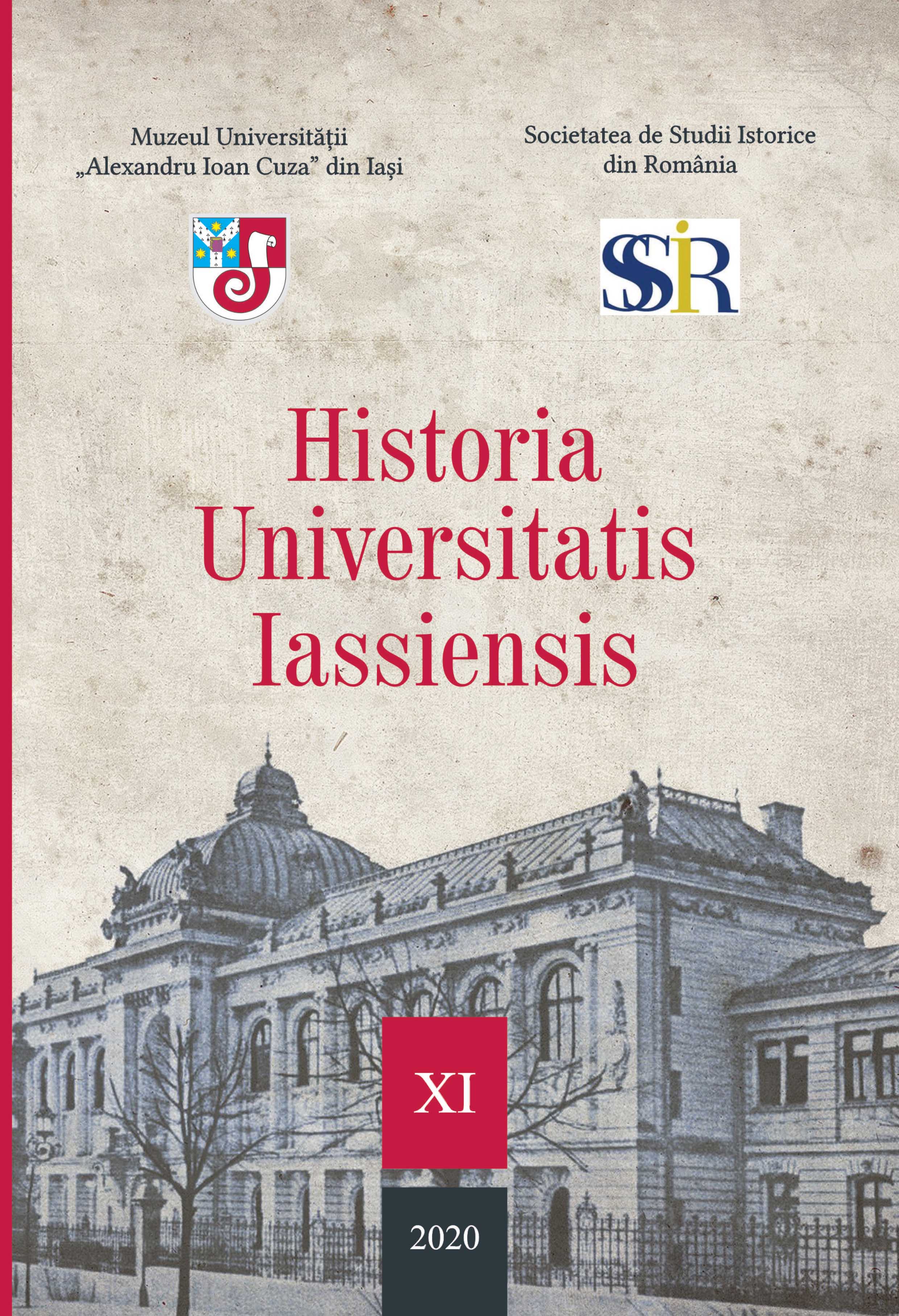Cum se evalua un doctorat la Sorbona în 1899? Rapoartele de la susținerea tezelor lui Pompiliu Eliade
How was a Doctorate Evaluated at the Sorbonne in 1899? Some Remarks on the Defense of Pompiliu Eliade's Theses
Author(s): Dragos JipaSubject(s): Education, Cultural history, History of ideas, French Literature, Higher Education
Published by: Editura Universităţii »Alexandru Ioan Cuza« din Iaşi
Keywords: Pompiliu Eliade; Paris University; historical method; French language and literature;
Summary/Abstract: Drawing on original sources, namely the reports from the defense of Pompiliu Eliade’s two doctoral theses before the jury of the University of Paris, the article places these documents in relation to the evolution of doctoral regulations until the end of the nineteenth century. It then briefly presents Eliade’s trajectory between Bucharest and Paris and the ways in which he reached the stage of defending his doctorate, discussing the scientific and pedagogical criteria resulting from the evaluation of his works and the presen- tation before the jury and the audience. Aiming to provide an answer to the title question, the present text reconstructs a moment in the evolution of history as an academic discipline in France, when the “rules of art” were in full trans- formation. Eliade’s main thesis, De l’influence française sur l’esprit public en Roumanie, springing from his conception of history as art, appears at a time when French historiography is troubled by a conflict between the methodical school (Monod, Seignobos, Langlois) and the old Romantic style (represented in their vision by Michelet). This is the reason why Charles Seignobos’ eva- luation of Eliade, influenced by the German conception of history, critiques the lack of “method”, the use of published sources, as well as his literary style. As Gérard Noiriel has shown, the central positions that new historians came to occupy in an academic field dominated by the University of Paris allowed them to impose their own evaluation criteria at key moments such as the doctoral defense, which was the validation of new generations of historians. However, the influence of the German model based on research autonomy and freedom of teaching failed to thoroughly revise the older features, especially the centralism and influence of the State, which the Napoleonic University inherited from the Old Regime. The Inspector of the Academy where the Faculty was located attended all doctoral defenses and prepared a report on the candidate, detailing how he met the criteria to be a “good” teacher, as the function was conceived by Republican education reformers such as Jules Ferry. From this perspective, Eliade’s mastery of French, his “sincerity” and the overall impression that he conveyed to the audience were appreciated. In this way, the autonomy of scien- tific judgment from the “specialized” reports was complemented by an external, heteronomous perspective on the qualities that the candidate must have to be able to practice in the French public education.
Journal: Historia Universitatis Iassiensis
- Issue Year: 2020
- Issue No: 11
- Page Range: 9-33
- Page Count: 25
- Language: Romanian

